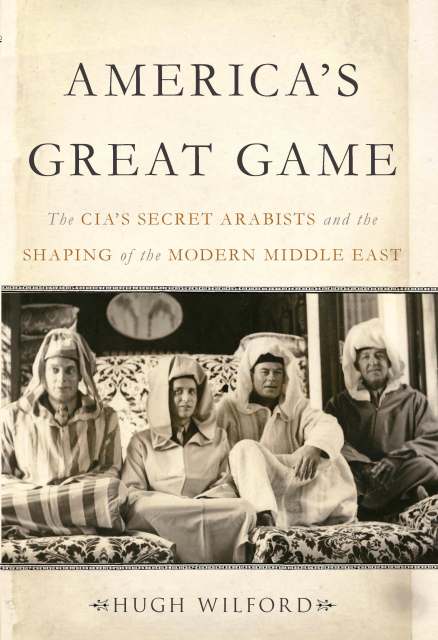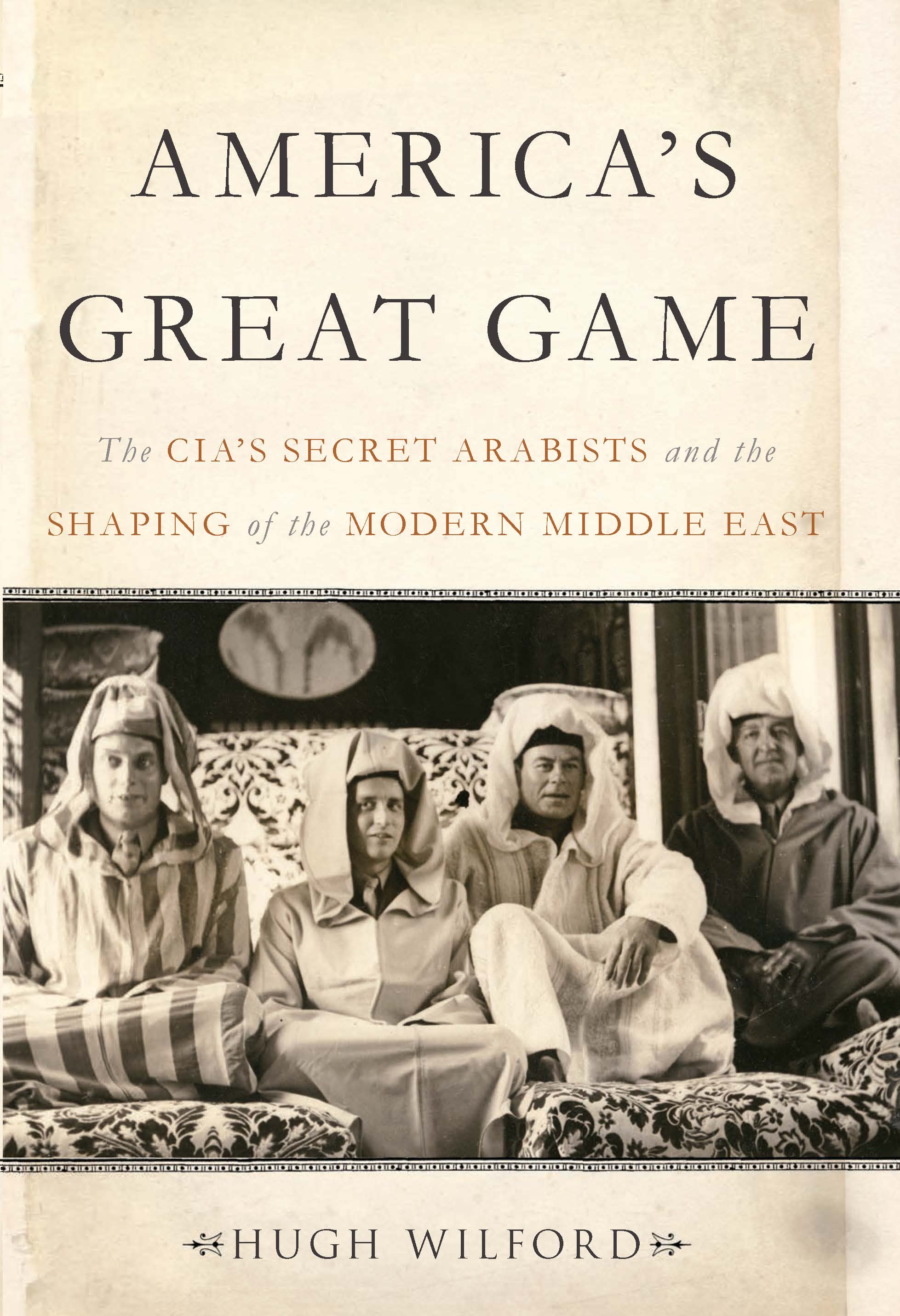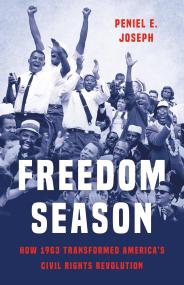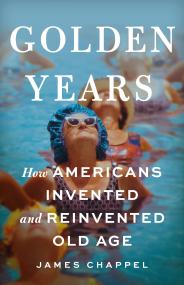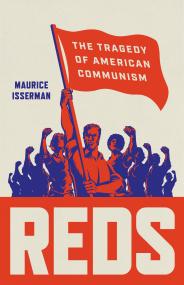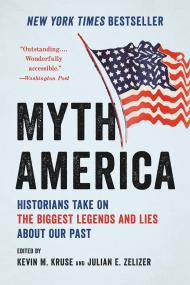By clicking “Accept,” you agree to the use of cookies and similar technologies on your device as set forth in our Cookie Policy and our Privacy Policy. Please note that certain cookies are essential for this website to function properly and do not require user consent to be deployed.
America’s Great Game
The CIA's Secret Arabists and the Shaping of the Modern Middle East
Contributors
By Hugh Wilford
Formats and Prices
- On Sale
- Dec 3, 2013
- Page Count
- 384 pages
- Publisher
- Basic Books
- ISBN-13
- 9780465069828
Price
$11.99Price
$15.99 CADFormat
Format:
- ebook $11.99 $15.99 CAD
- Hardcover $29.99 $34.50 CAD
- Trade Paperback $21.99 $28.99 CAD
This item is a preorder. Your payment method will be charged immediately, and the product is expected to ship on or around December 3, 2013. This date is subject to change due to shipping delays beyond our control.
Buy from Other Retailers:
In America’s Great Game, celebrated intelligence historian Hugh Wilford reveals the surprising history of the CIA’s pro-Arab operations in the 1940s and 50s by tracing the work of the agency’s three most influential — and colorful — officers in the Middle East. Kermit “Kim” Roosevelt was the grandson of Theodore Roosevelt and the first head of CIA covert action in the region; his cousin, Archie Roosevelt, was a Middle East scholar and chief of the Beirut station. The two Roosevelts joined combined forces with Miles Copeland, a maverick covert operations specialist who had joined the American intelligence establishment during World War II. With their deep knowledge of Middle Eastern affairs, the three men were heirs to an American missionary tradition that engaged Arabs and Muslims with respect and empathy. Yet they were also fascinated by imperial intrigue, and were eager to play a modern rematch of the “Great Game,” the nineteenth-century struggle between Britain and Russia for control over central Asia. Despite their good intentions, these “Arabists” propped up authoritarian regimes, attempted secretly to sway public opinion in America against support for the new state of Israel, and staged coups that irrevocably destabilized the nations with which they empathized. Their efforts, and ultimate failure, would shape the course of U.S. — Middle Eastern relations for decades to come.
Based on a vast array of declassified government records, private papers, and personal interviews, America’s Great Game tells the riveting story of the merry band of CIA officers whose spy games forever changed U.S. foreign policy.
Newsletter Signup
By clicking ‘Sign Up,’ I acknowledge that I have read and agree to Hachette Book Group’s Privacy Policy and Terms of Use
